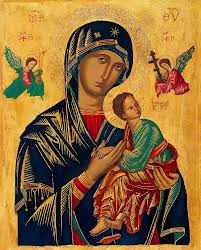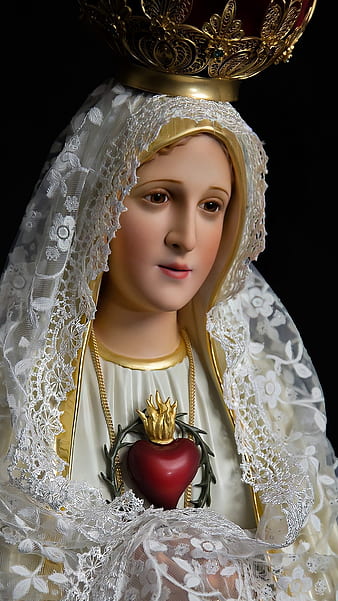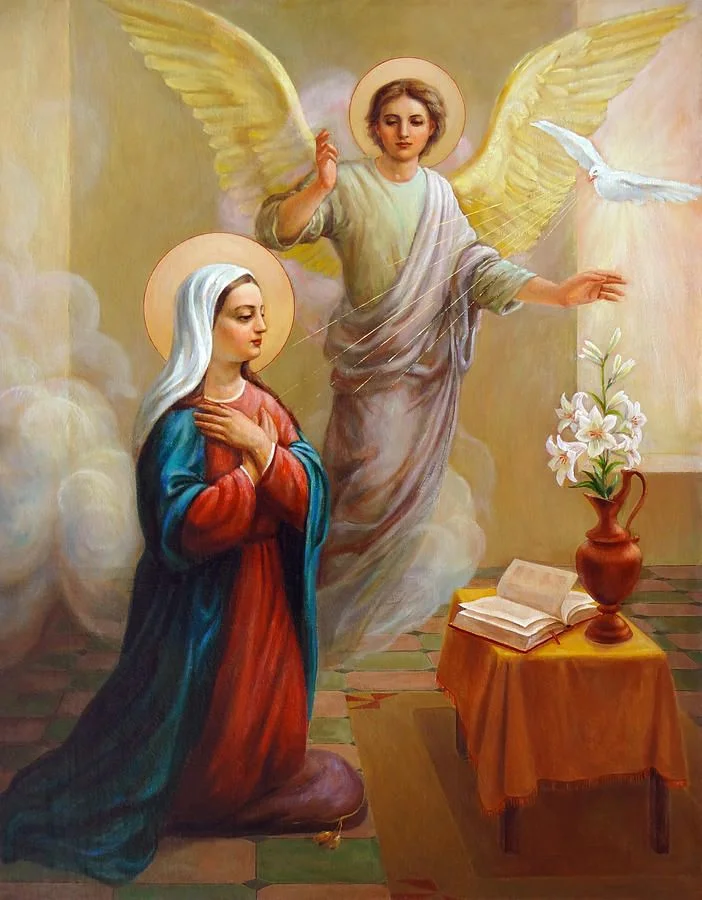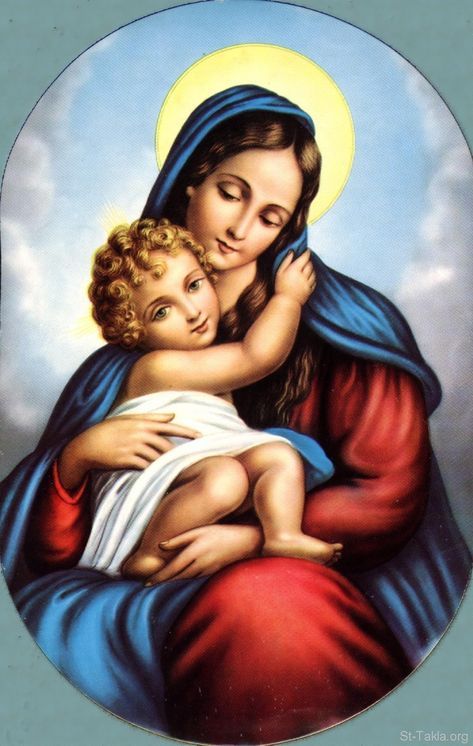Mary, Mother of God: Finding Comfort, Hope, and Guidance in Her Intercession

Updated at: 2025-06-05 15:34:31 (2 months ago by Melkisedeck Leon Shine)
Mary, Mother of God: A Source of Comfort and Hope
Introduction: This discourse examines the multifaceted role of Mary, Mother of God, within the Catholic faith, exploring her significance as a source of comfort and hope for believers. Key concepts central to this analysis include Marian theology, the concept of intercession, and the application of religious symbolism in fostering spiritual well-being. We will analyze Mary's role through established theological frameworks and explore real-world manifestations of Marian devotion.
Divine Motherhood and Theological Significance: The Annunciation, as described in Luke 1:26-38, establishes Mary's unique position as Theotokos, "God-bearer." This theological concept, developed by early Church Fathers, signifies not only her biological role in the Incarnation but also her spiritual significance as a mediator between humanity and God. This divine motherhood serves as a cornerstone of Marian piety, offering believers comfort in the knowledge of a compassionate, divine maternal figure. This concept resonates with attachment theory, which highlights the importance of secure attachment figures in human development, suggesting a parallel between the maternal comfort provided by Mary and the need for secure attachment in spiritual life.
Mary as Intercessor and Advocate: The concept of Mary's intercession is central to Catholic theology. Her role as advocate before God draws upon the principle of "spiritual kinship," suggesting that through her intimate relationship with Christ, she possesses a unique capacity to intercede on behalf of humanity. This is illustrated in scriptural passages such as John 2:1-11 (the wedding at Cana), where Mary's intercession leads to a miracle. This model can be compared to the sociological concept of patronage, where influential figures act as intermediaries for those seeking assistance within a system. In this spiritual application, Mary is understood as the patron saint of humanity.
Motherly Compassion and the Symbolism of Sacrifice: Mary's unwavering presence at the foot of the cross, as depicted in John 19:25-27, exemplifies her profound compassion and love. This resonates with the psychological concept of empathy and highlights her capacity for deep suffering and unwavering support. Her role as "spiritual mother" to humanity reflects the powerful bond between mother and child, offering solace and understanding amidst suffering. This resonates with the psychodynamic perspective in understanding the significance of maternal figures in human development and coping mechanisms.
The Rosary and its Meditative Function: The Rosary, a traditional Catholic devotion, provides a structured pathway to reflection on the life of Christ through Marian contemplation. Repetitive prayer, a key component of the Rosary, serves a meditative function, allowing believers to focus on spiritual themes and experience a sense of peace and tranquility. This aligns with mindfulness practices, suggesting the Rosary as a form of structured meditation fostering emotional regulation and spiritual connection. This practice uses the principle of repetition and memory to strengthen faith and promote mental well-being.
Marian Apparitions and their Psychological Impact: Reported Marian apparitions, such as those at Lourdes and Fatima, have had profound psychological impacts on individuals and communities. These events can be examined through the lens of social psychology, exploring how shared belief systems and collective experiences can shape individual faith and provide a sense of community and hope. Such experiences, whether interpreted as genuine or psychologically induced, can provide profound comfort and spiritual solace.
Historical Context of Marian Devotion: Devotion to Mary has deep roots in the early Church, evidenced by writings of early Church Fathers and the development of Marian doctrines throughout history. Understanding the historical development of Marian theology provides insight into the evolution of religious practices and beliefs. This historical analysis illustrates how Mary's role within the Catholic faith has been consistently shaped and reinforced over centuries, demonstrating its enduring significance.
Mary's Intercession Through the Lives of Saints: The lives of numerous saints demonstrate the enduring belief in Mary's powerful intercession. Examining these hagiographies reveals how Mary's role as an intercessor has provided comfort, guidance, and spiritual inspiration to individuals throughout history. These accounts offer qualitative data on the experienced effects of faith and the role of Mary's intercession within the larger theological framework.
The Perpetual Virginity of Mary: The doctrine of Mary's perpetual virginity, as described in Matthew 1:25, holds theological significance, emphasizing her unique status and commitment to God. This doctrine, while sometimes debated, forms an integral part of Catholic understanding of Mary and her role in the divine plan. This aspect underscores Mary's complete dedication to God, highlighting the ideal of consecrated life and unwavering faith.
Mary as a Role Model of Faith and Obedience: Mary's unwavering obedience to God's will, as exemplified by her response to the Annunciation, serves as a powerful example of faith and trust. Her acceptance of God's plan, even in the face of uncertainty, offers a model for believers to emulate in their own lives. This resonates with virtue ethics, emphasizing the importance of character development and the pursuit of moral excellence. Mary serves as a paragon of faith and trust in God.
Conclusion and Recommendations: This analysis demonstrates the significant role of Mary, Mother of God, in providing comfort and hope to believers within the Catholic faith. Her influence is evident across theological, psychological, and sociological perspectives. Further research could investigate the correlation between Marian devotion and mental well-being, exploring the potential therapeutic effects of Marian practices. A comparative study of Marian devotion across different Christian denominations could also provide valuable insights. Understanding Mary's role is crucial not only for theological understanding but also for appreciating the complex psychological and social aspects of faith and spirituality. Her enduring influence underscores the power of faith and hope in navigating life's challenges.
Reader Pool: How might a deeper understanding of the theological and psychological dimensions of Marian devotion contribute to a more nuanced approach to pastoral care and spiritual guidance?





